Disclaimer:
Please be aware that the content herein is comprised of personal reflections, observations, and insights from our contributors. It is not necessarily exhaustive or authoritative, but rather reflects individual perspectives. While we aim for accuracy, we cannot guarantee the completeness or up-to-date nature of the content.
The Nano club is a student-led initiative under the King Abdullah Institute for Nanotechnology at King Saud University. [REDACTED] was one of the leaders of the club who has graduated since from the department of chemistry while [REDACTED] and [REDACTED] are in their first-year medical students. The Nano club promotes scientific research, projects, advocacy and awareness on Nano Technology. The students’ initiative stemmed from the Saudi and Middle East Green Initiative as they started thinking about the environmental state in the Kingdom in terms of its hot arid weather as well as soil conditions and irrigation efficiency.
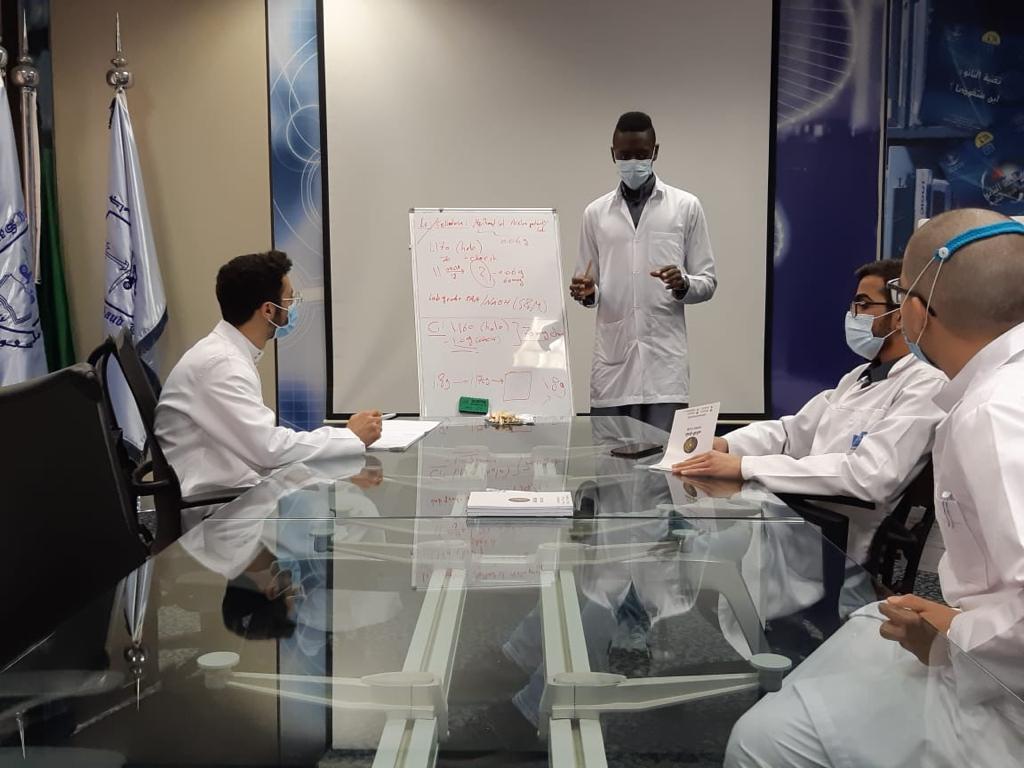
They started searching for solutions that would suit the context by preserving water in the soil in terms of materials. While exploring different materials, they realized that some products are commercially available and currently being used, but they have some limitations. As an example, when decomposed they produce toxic materials. The students came across cellulose which is one of the plant cells' constituents that can be extracted and utilized for different uses. Cellulose is a well-exploited material and has many commercial applications such as manufacturing of papers, cotton, as well as foods and drugs preservants. Also, cellulose is a hydrophilic material meaning a material that has a high affinity for water, in addition to it having no negative impacts on the environment or humans' biosystem. The approach they have been using for fabricating cellulose-based water preserver products is safe, easily accessible in markets, and environmentally friendly. It has a 75% efficacy in terms of food grade. They had mentioned that the final product and production process is very simple that it could be done and tested in someone’s backyard.
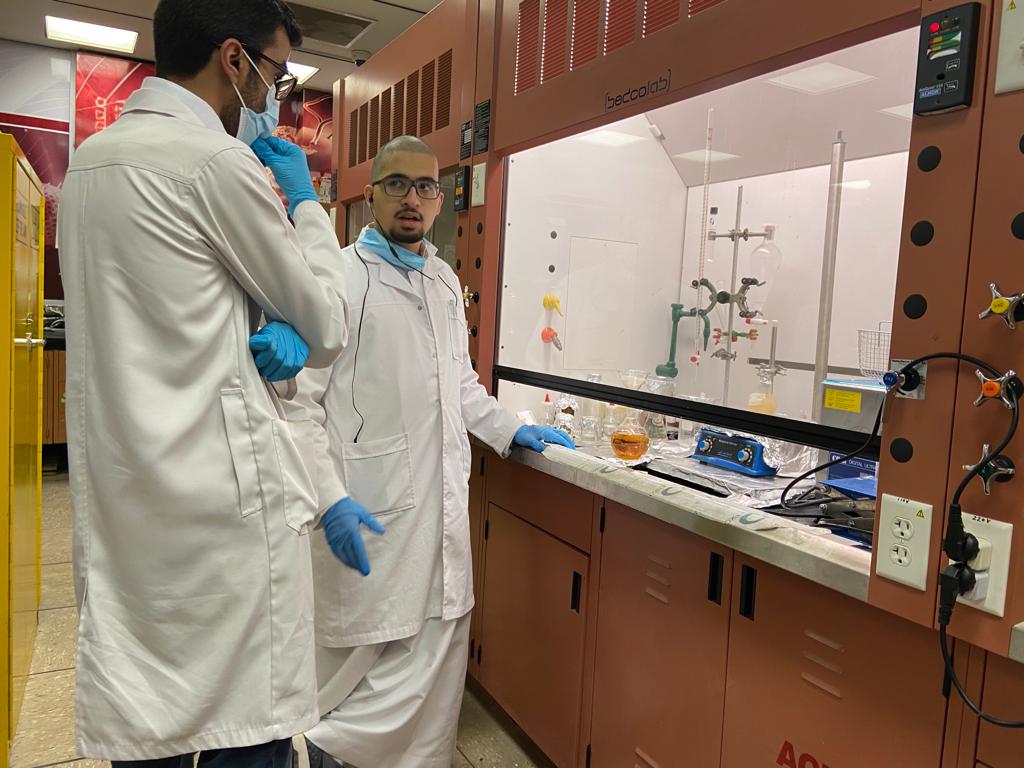
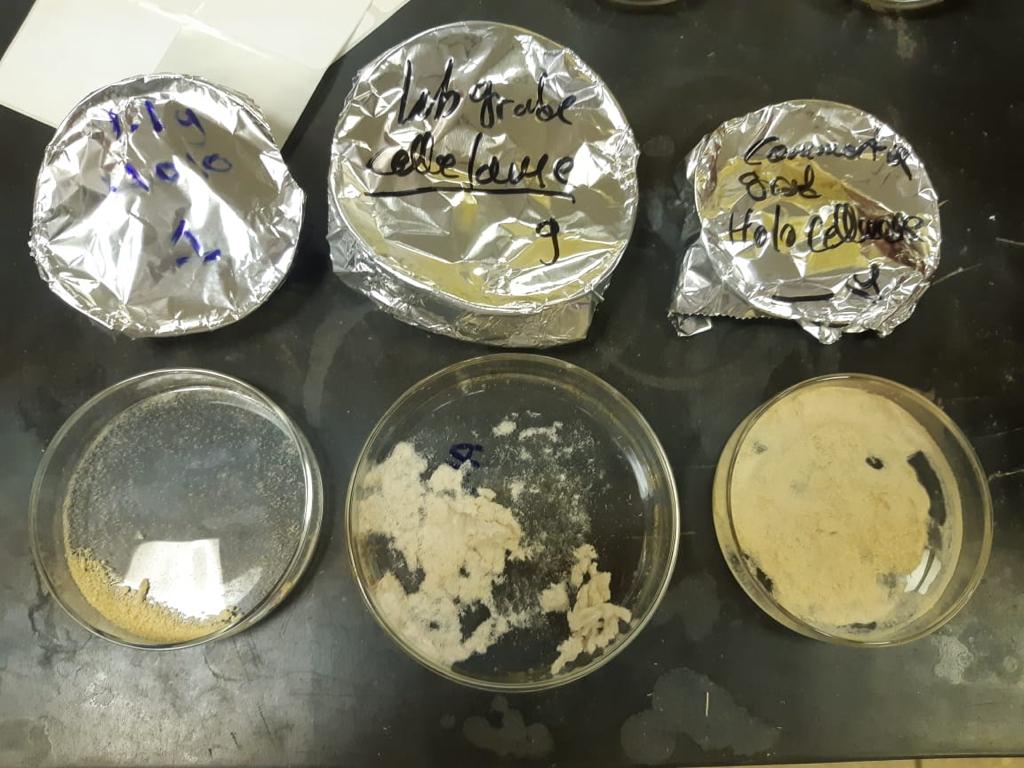
This solution kind of solution is being implemented globally by other innovators in different regions depending on the local materials. The students started experimenting with palm tree branches which are one of the most locally available agricultural wastes. They clarified that they are not the first to use this material but what they are aiming is to be differentiated by producing a cost efficient, ecofriendly product as other similar functions found are petroleum based. By doing so, they can recycle agriculture and organic waste (such as fruits and potatoes) promoting a better environmental ecosystem. Through this initiative, they are utilizing the local waste and creating valuable products.
 Consent to share form or official link.
Consent to share form or official link.
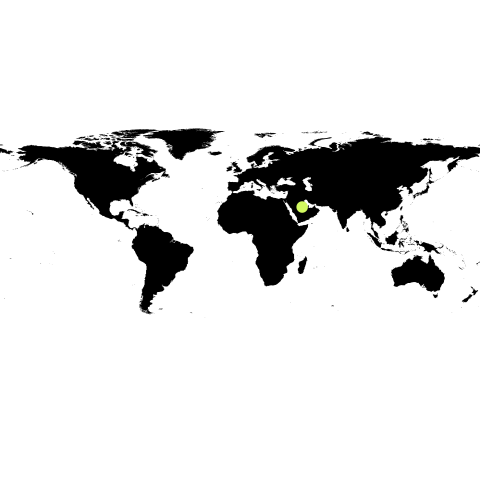
 12Responsible consumption and production
12Responsible consumption and production 13Climate action
13Climate action


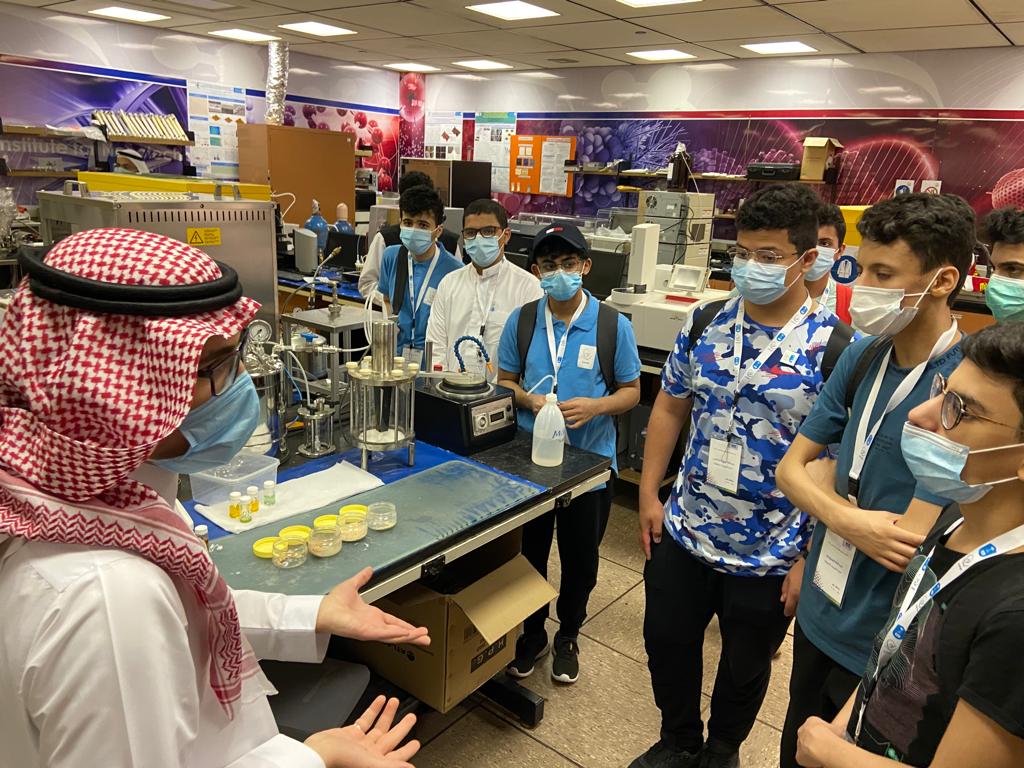
Comments
Log in to add a comment or reply.